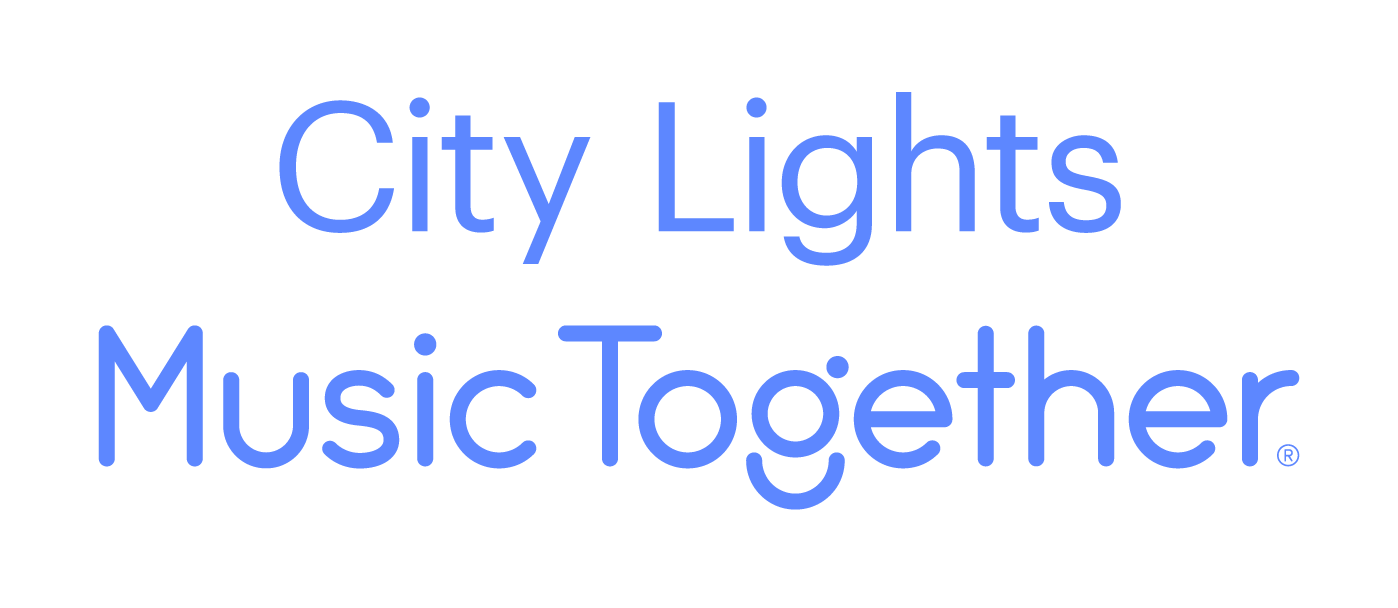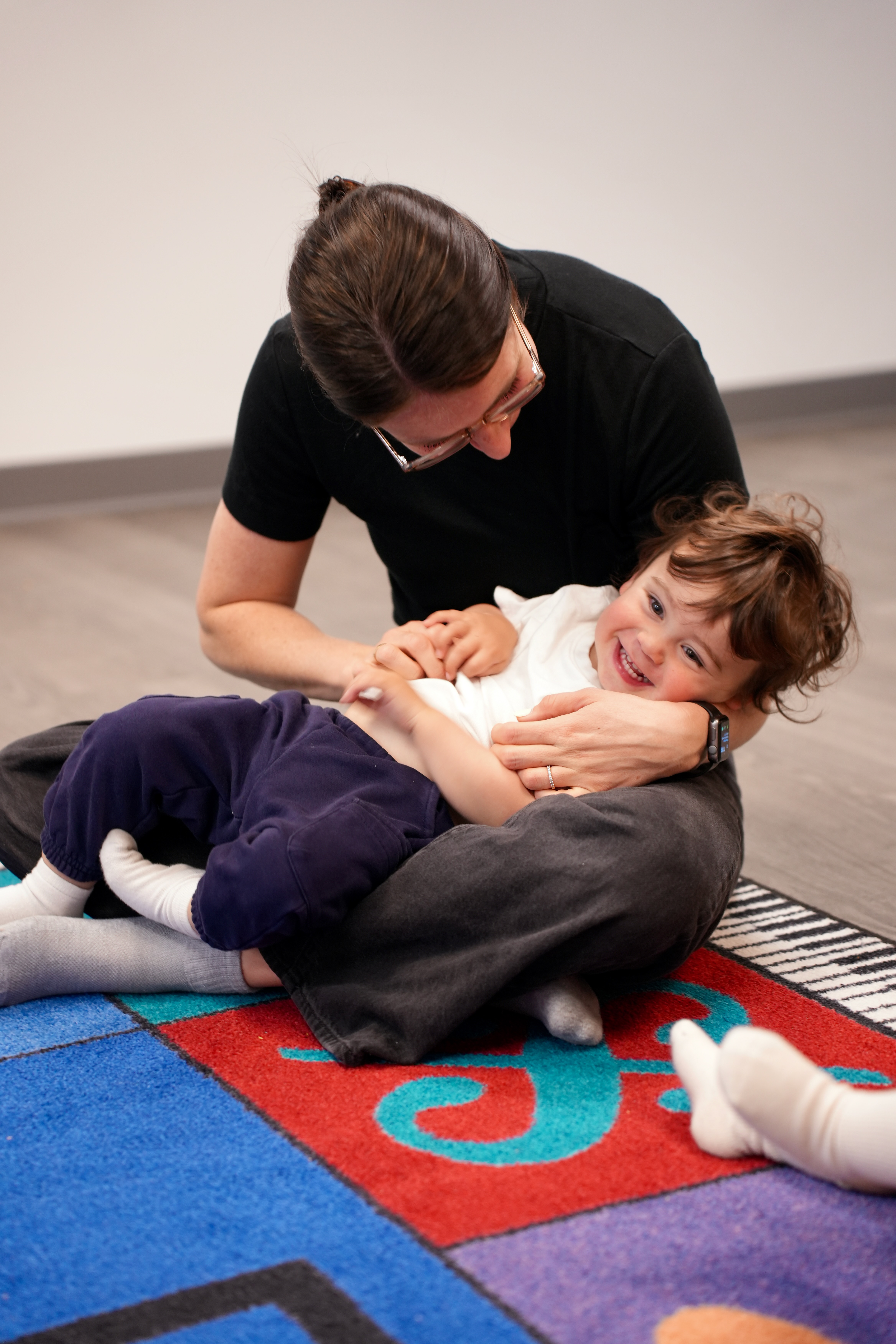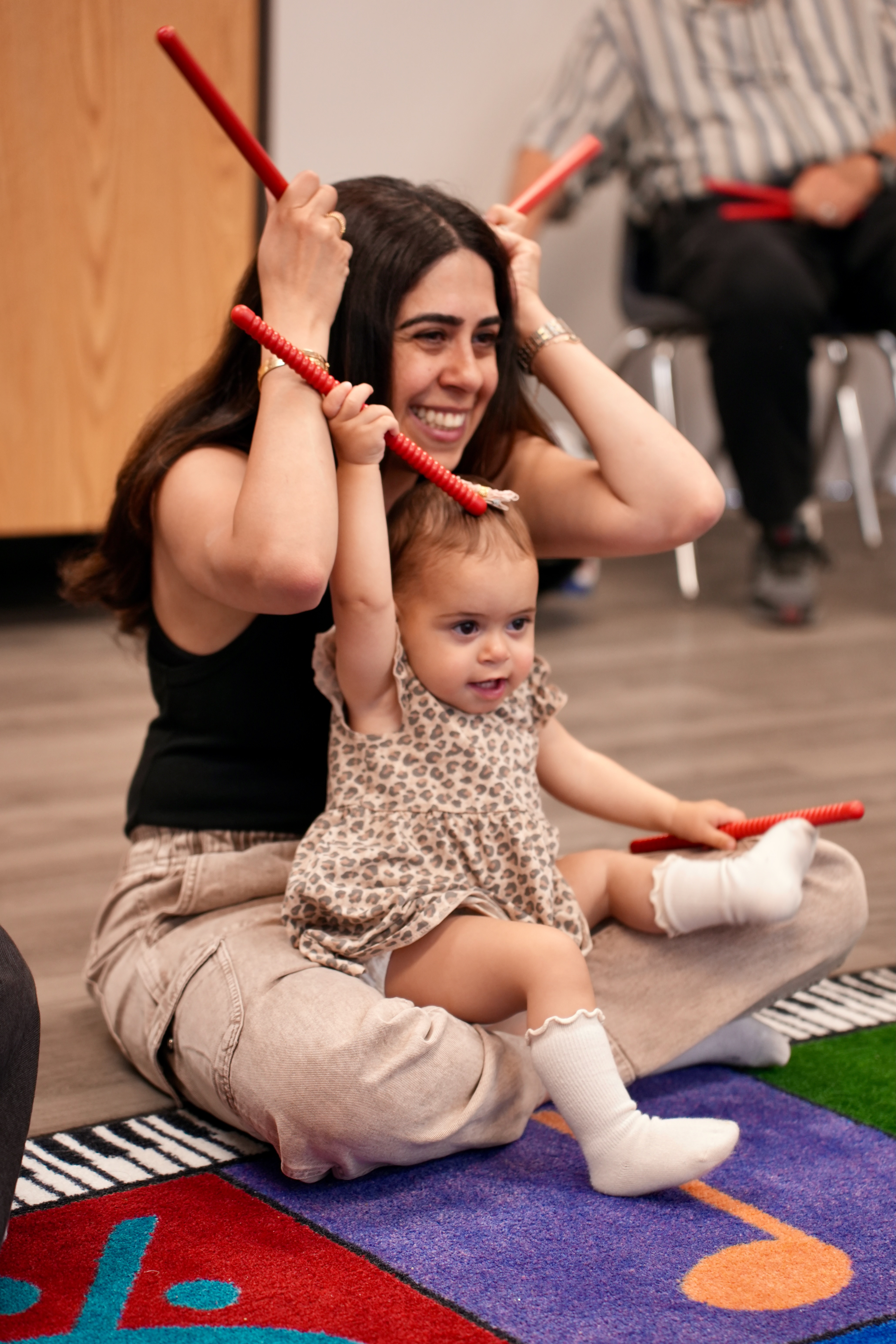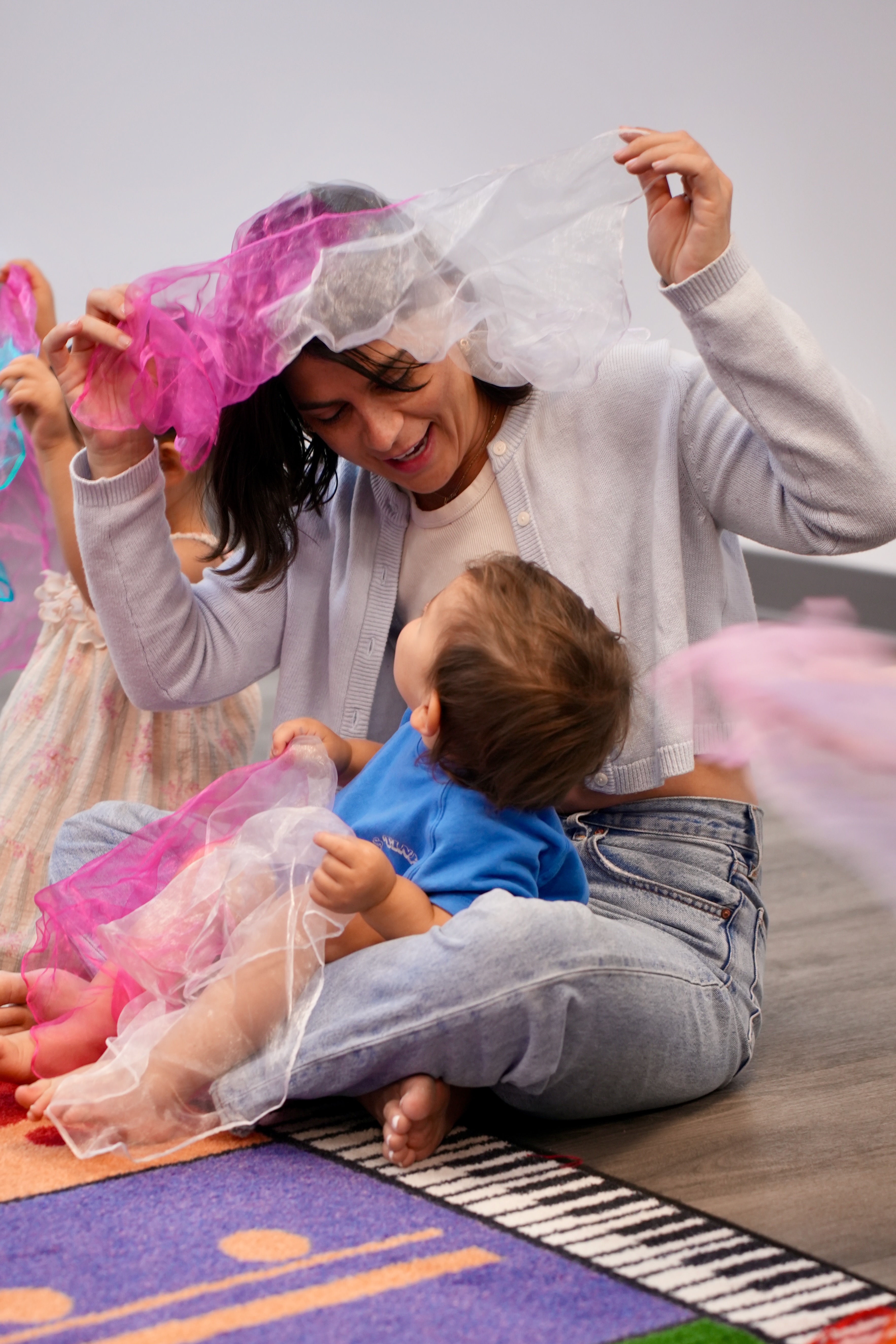|
|
|
|
|
Music Education Matters
| I love my job |
| By Esther Rothman on November 02, 2025 |
Every day, every class is special. And there's something exciting about the beginning of every class. The little ones are curious, the grown-ups are smiling (or at least trying to smile through the morning chaos), and I know we’re about to spend 45 minutes doing something that really matters - connecting through music. I’ve taught a lot of classes over the years, but every class really is unique and special. There’s no pressure to “perform” or “get it right.” It’s not about how well anyone sings - it’s about being present, being playful, and creating a space where families can experience music side by side. It's messy sometimes! A toddler tries to run with a stick, another only wants to play with the gate at the door, a fussy baby. But we sing through it all, and...it just works. Those are the moments that make it magical. One of my favorite things about teaching is watching confidence grow - and it's not just in the children, but in the parents, too. I see moms and dads who start class whisper-singing under their breath, and a few weeks later, they’re belting out “Ridin’ in the Car” or “Don Alfredo Baila” with the biggest smiles. That's when it gets exciting! Because that’s when I know the idea has landed: that every parent, every caregiver, is their child’s most important music teacher, and they're leaning into that role with pleasure. The science behind what we do makes it even more inspiring. I'm a bit of a nerd - I love to read what I can "research-lite" type books, about child development and education, and research studies about how singing and rhythmic movement help wire young brains for language, empathy, and connection. But what I love most is that you can see it happening in real time in class! A baby watching their caregiver’s mouth move as they sing, a toddler matching the beat for the first time, a child humming a song days later at home. And even better?! When I share the data and research behind how and why these things happen, and parents text me pictures and videos of their children singing, drumming and dancing at home! It's an ah-ha moment...hey, this is working! Music Together® reminds me that community can be built one song at a time. It’s a place where parents can slow down, where kids can be themselves, and where we all get to remember that making music isn’t something reserved for stages or studios...it’s something we were all born to do. I feel so lucky to get to call this thing I do "work", because it truly doesn't feel like work at all. It's fun and playful, and it's unbelievably satisfying at the same time. Thanks for making time to play with your child in music class with me, I think we're both really grateful for it. |
| (0 comments - comment on this) |
| Music as Emotional Support for Children (and Parents Too!) |
| By Esther Rothman on August 28, 2025 |
When we think of music, we often think of joy - dancing in the kitchen, singing in the car, or toddlers giggling as they bang a drum. But music does more than bring smiles. It also provides powerful emotional support for children as they grow, helping them navigate big feelings in a safe and healthy way. Music Gives Children a Language for FeelingsBefore children have all the words to describe what they’re experiencing, they have music! A soft lullaby can soothe sadness, a steady beat can release frustration, and a playful song can lift a gloomy mood - I'm sure you've already learned this while changing your fussy child's diaper or calmed them in the car. In our classes, children often express emotions through movement, rhythm, or vocal play long before they can explain what they’re feeling. Music Helps With Self-RegulationYoung children are still learning how to manage their emotions - how to calm themselves down when upset, or how to wait patiently when excited. Remember, they're still developing impusle control! Research shows that engaging with rhythm and melody helps strengthen these skills. Something as simple as tapping to a steady beat can slow breathing, lower stress, and create a sense of calm. Music Builds ConnectionOne of the most comforting things for a child is knowing they are not alone in their feelings. When families sing together, children feel held and supported, both emotionally and physically. This bonding experience reassures them: “We’re in this together.” Even on tough days, a shared song can turn a moment of frustration into one of connection. Music Creates Safe ExpressionNot all emotions are easy to talk about. But through music, children can safely explore and express joy, sadness, excitement, or anger. Whether it’s pounding on a drum, twirling to a happy tune, or humming quietly, music allows children to “try on” emotions and release them in healthy ways. At City Lights Music Together, we see music as more than just fun - it’s a tool for emotional growth and support. Every class is designed to give children space to feel, express, and connect, while giving parents tools to bring that same support into everyday life. Your teacher will share stories, tips and ideas for you incorporate music and song into your everyday life as a parent, and you'll hear from other parents who have also found ways to use music at home. Because at the end of the day, music doesn’t just teach notes and rhythms. It helps children feel seen, safe, and understood - and that’s a gift that lasts long after the song ends. |
| (0 comments - comment on this) |
| Why Choose Music? |
| By Esther Rothman on August 13, 2025 |
As parents, we're always looking for the best way to prepare our kids for school. While academic skills are important, they're not the only piece of the pie that matters! Early childhood educators consistently emphasize the magic of music education to foster essential developmental skills. At City Lights Music Together, we align our classes with these expert recommendations that help get your child is ready for the next step in their educational journey. Music Enhances Key Developmental Areas Both the National Association for the Education of Young Children (NAEYC) and Zero to Three recognize that music activities promote development across multiple domains:
Music Is a Natural Learning Tool Music is a universal language that transcends cultural and linguistic barriers. For infants and toddlers, exposure to music through singing, movement, and rhythm supports early development in a way that's both engaging and effective. Zero to Three highlights that such musical interactions not only promote hitting those developmental milestones but also strengthen the bond between caregiver and child, creating a rich environment for learning and growth. Remember - your child learns best from those they're closely bonded and attached to - that's YOU! Preschool Readiness Through Music More important than ABCs and 123s, preschool teachers look for certain behaviors and skills in new students, such as:
Our classes naturally support these areas. Through singing, dancing, and playing instruments, children learn to listen, wait their turn, express themselves, and cooperate with others - skills that are directly applicable in their preschool setting. At City Lights Music Together, we offer classes designed to nurture your child's development through music in a fun and playful way! Our programs are rooted in research-based practices that align with NAEYC and Zero to Three guidelines. When you join a class, you're giving your child a head start in building the skills necessary for a successful transition to preschool when they're ready. |
| (0 comments - comment on this) |
| Why Music Education Is So Much More Than Just Music |
| By Esther Rothman on August 04, 2025 |
If you’ve ever peeked into one of our classes, you know what it looks like on the surface: children singing, dancing, banging on drums, shaking egg shakers, laughing, and sometimes just sitting quietly and taking it all in. It’s joyful, it’s musical, and it’s a little bit chaotic in the best possible way. But there’s something deeper happening underneath all that perceived chaos. Music education - especially in the early years - isn’t just about learning to keep a beat or match pitch. It’s about supporting whole-child development in a way that’s joyful, natural, and incredibly effective. Here's how: 1. Cognitive Growth Through Pattern RecognitionMusic is full of patterns - melodic, rhythmic, structural. When children experience and play with these patterns, they’re actually strengthening the same part of the brain that supports math and language development. Every time your child anticipates a beat drop (you won't believe it when you see how little babies can do this!), sings the “la la la” part of a song before it comes, or imitates a rhythm pattern, they’re building neural connections that support memory, sequencing, and problem-solving. 2. Language Development and Early LiteracySinging helps children hear the subtleties of speech - pitch, tone, and rhythm. This is called "prosody," and it’s a foundational piece of early literacy. Babies who babble along with music or toddlers who sing nonsense syllables are actually laying the groundwork for clearer speech, stronger vocabulary, and better reading comprehension as they grow older. Plus, musical play encourages turn-taking and communication, both key pieces in early language development. 3. Social-Emotional SkillsMusic invites children into shared experiences. When we all sing the same song or move in the same way, we’re creating a sense of connection. In early childhood, this matters so much. Group music-making helps children practice empathy, cooperation, emotional expression, and even self-regulation. And for shy or hesitant children, music offers a safe way to participate - whether they’re singing full voice or just swaying gently to the rhythm they are always a part of our music-making circle and are welcome to participate in whatever way they like. 4. Motor Skill DevelopmentClapping, drumming, spinning, jumping, tapping sticks together - these aren’t just fun; they’re supporting both gross and fine motor development. Coordinated movement to a steady beat helps children develop balance, timing, and body awareness - all of which are essential for everyday tasks and school readiness. 5. Parent-Child BondingOne of the most beautiful aspects of Music Together is the way it brings parents and caregivers into the learning process. When you sing with your child, even if you think you’re “not musical,” you’re modeling joy, connection, and presence. That’s powerful. Children don’t care if you’re in tune - they care that you’re with them. At City Lights Music Together, we believe music is every child’s birthright - not just because it’s fun (although it is!), but because it supports development across every domain in the most natural way: through play, connection, and joy. And the best part? You get to be part of it. |
| (0 comments - comment on this) |
